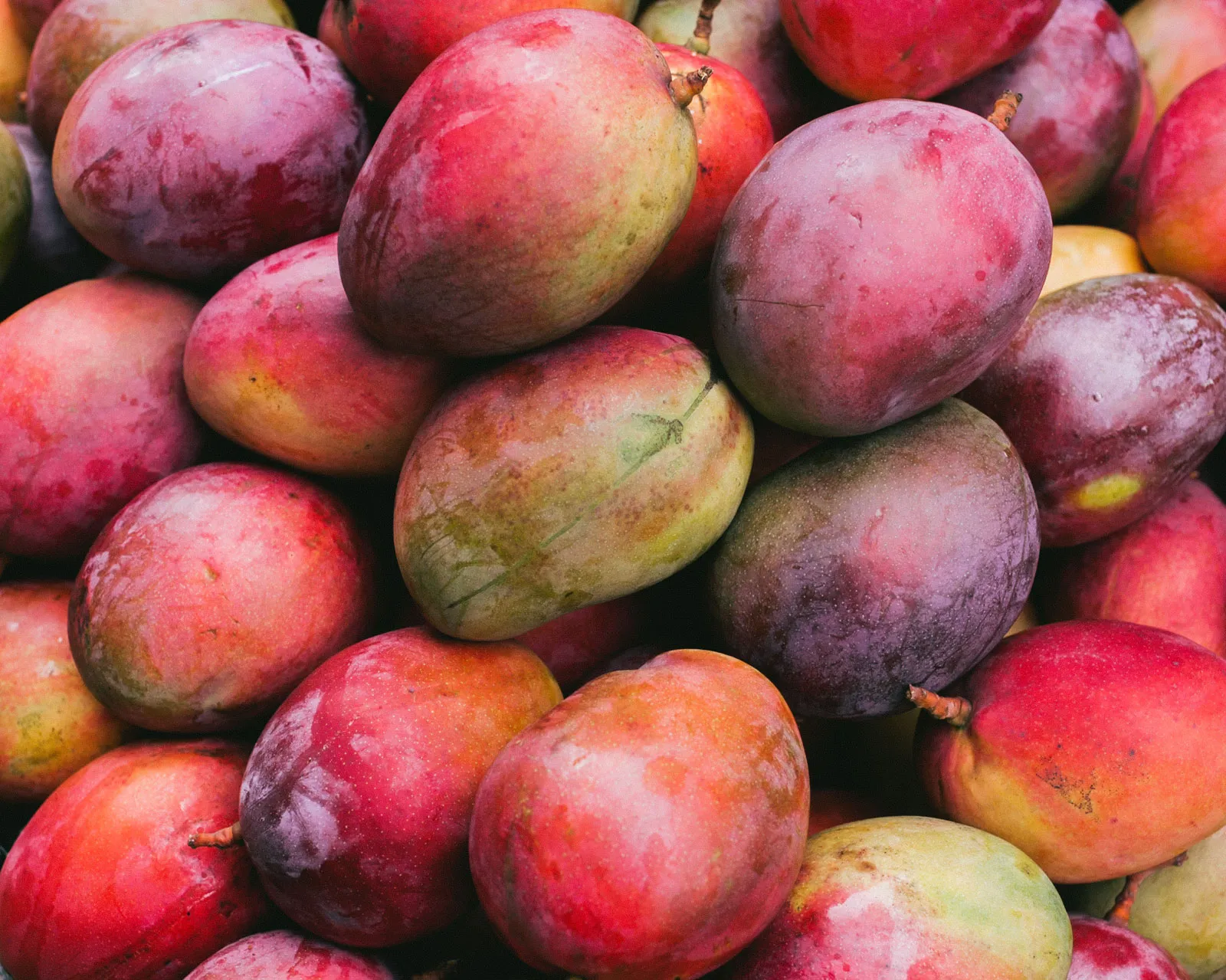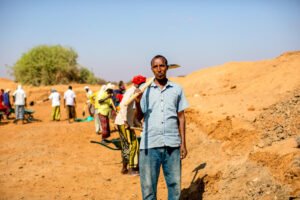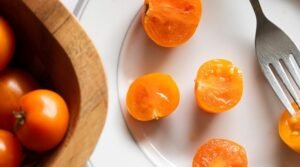Monday, 2 March 2026
Saudi’s mango production reaches 89,500 tonnes annually
The Jazan region leads in annual production with 60,026 tonnes, followed by the Makkah region with 17,915 tonnes, the Madinah region with 4,505 tonnes and the Asir region with 2,845…

The Jazan region leads in annual production with 60,026 tonnes, followed by the Makkah region with 17,915 tonnes, the Madinah region with 4,505 tonnes and the Asir region with 2,845 tonnes
The Ministry of Environment, Water, and Agriculture has announced that Saudi Arabia has achieved a self-sufficiency rate of 68 per cent in mango production, surpassing 89,500 tonnes annually. Mangoes are grown in various regions covering roughly 6,966 hectares. As part of the “Harvest Season” campaign, aimed at promoting agricultural products and diverse seasonal fruit options, the ministry confirmed that the Jazan Region leads in annual production with 60,026 tonnes, followed by the Makkah Region with 17,915 tonnes, the Madinah Region with 4,505 tonnes and the Asir Region with 2,845 tonnes, among others.
The ministry highlighted that mango is one of the economically viable tropical crops in the Kingdom, with a production period extending from April to August. Saudi Arabia cultivates over 20 different varieties of mango, each with its unique qualities. Mangoes are known for their nutritional value; they are rich in vitamins, minerals, and fibre and offer various health benefits such as promoting digestive and heart health, boosting immunity, and reducing the risk of certain cancers.
According to the Saudi Press Agency, the “Harvest Season” campaign aims to educate people about different types of local fruits and their availability throughout the year. This initiative aligns with the ministry’s policy to enhance local production and consumption, improve quality and safety standards, and spread knowledge about agricultural products. It also seeks to raise awareness about diverse seasonal fruit options available in the Kingdom and maximise the efficiency of locally produced fruit marketing systems to support local farmers and enhance their financial returns.
Technology
IPC Report Flags Rapidly Deteriorating Food Security across Somalia
Mar 02, 2026 | Africa
University of Florida Develops Vitamin A–Rich Tomato to Tackle Global Deficiency
Mar 02, 2026 | Food
Inside the World’s First AI Centre of Excellence for Chocolate and Cocoa
Mar 02, 2026 | Interaction
Food Testing
Australian Medical Bodies Push for Compulsory Health Star Labelling
Feb 24, 2026 | Australia
Tim Hortons Singapore Secures Majlis Ugama Islam Singapura Halal Certification Ahead of Ramadan
Feb 23, 2026 | Company News
More Popular
Wildbrine Launches Industry-First Fermented Bean Salad
Mar 02, 2026 | Company News
IPC Report Flags Rapidly Deteriorating Food Security across Somalia
Mar 02, 2026 | Africa
University of Florida Develops Vitamin A–Rich Tomato to Tackle Global Deficiency
Mar 02, 2026 | Food






